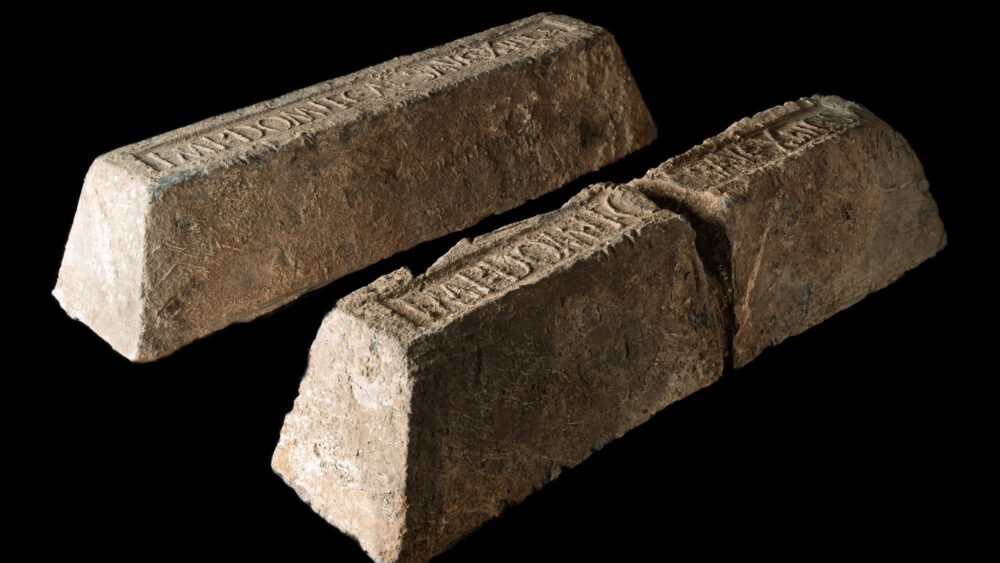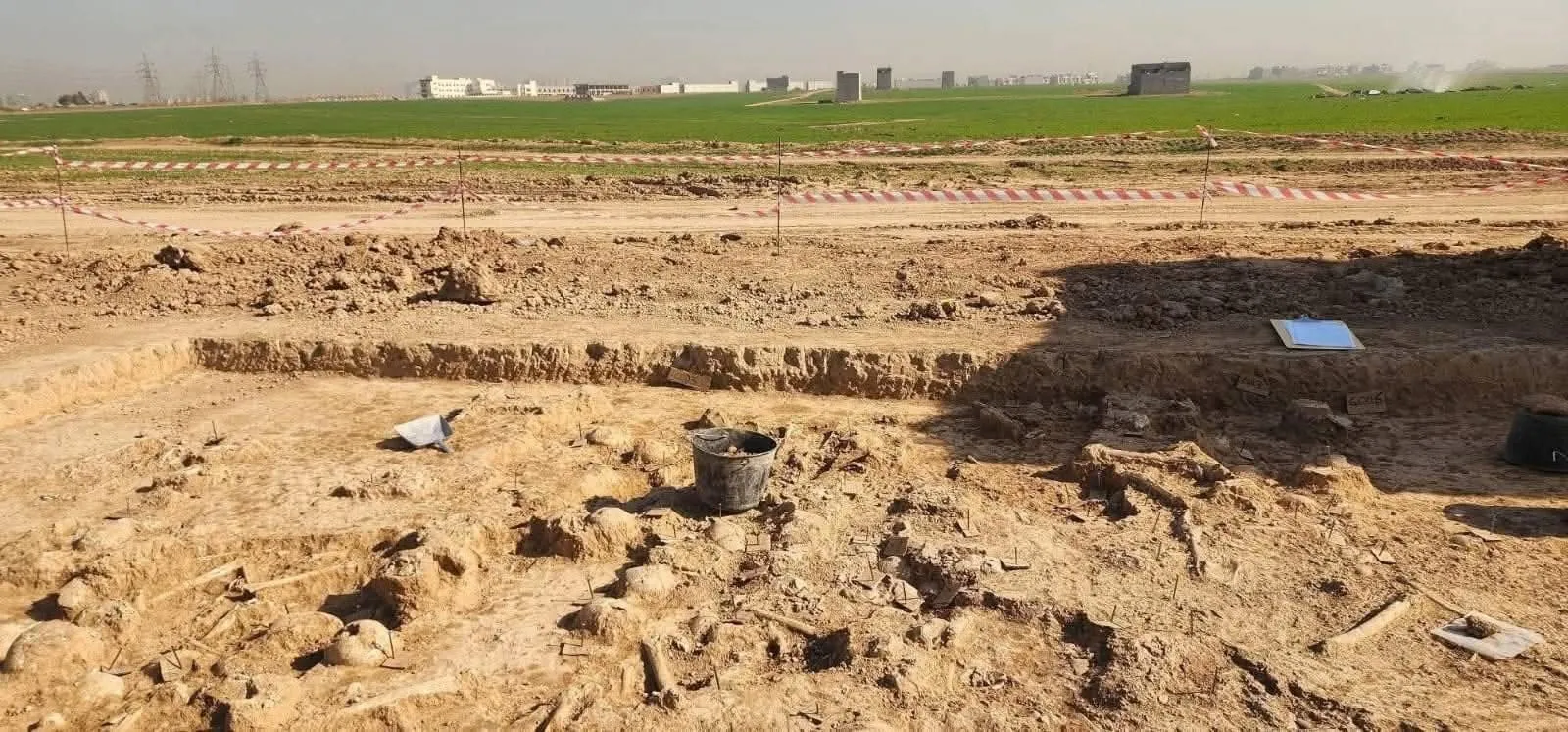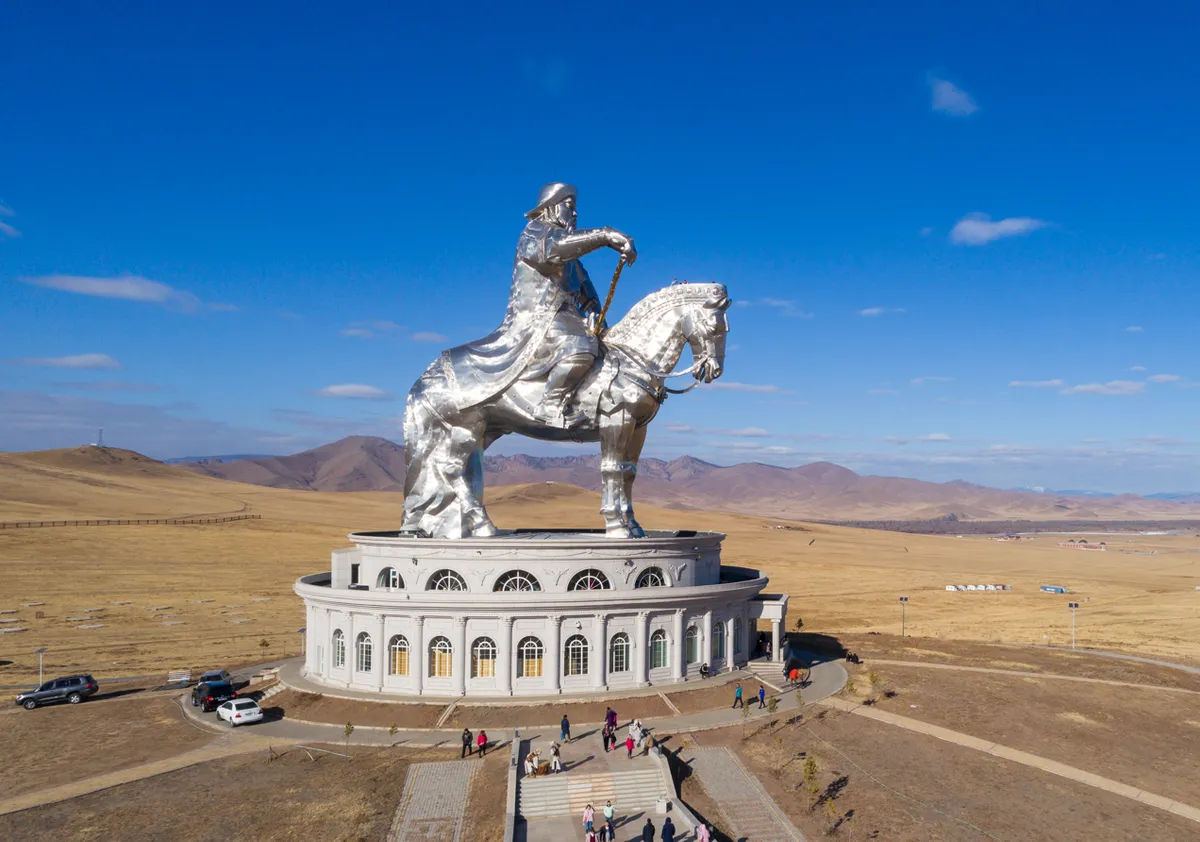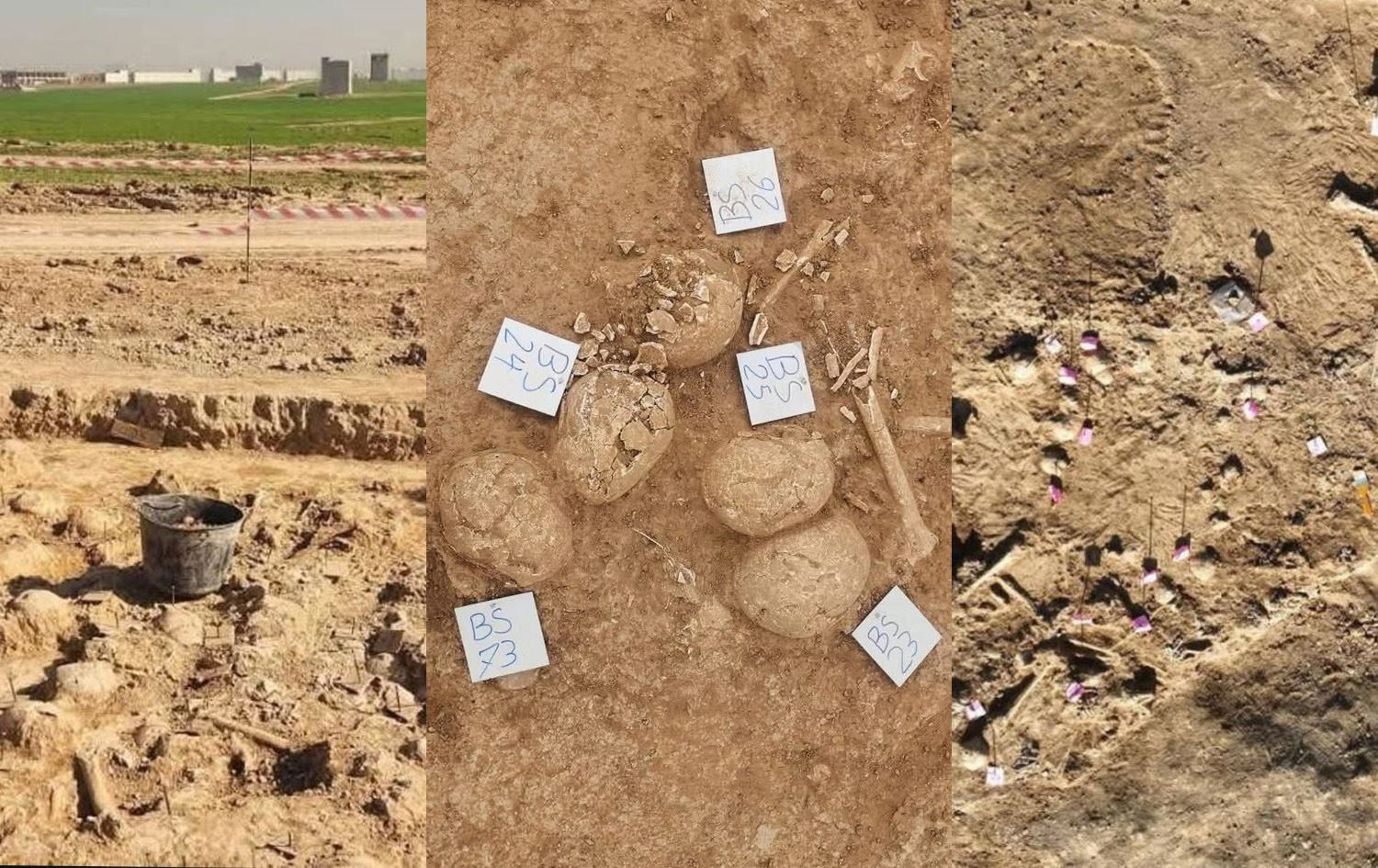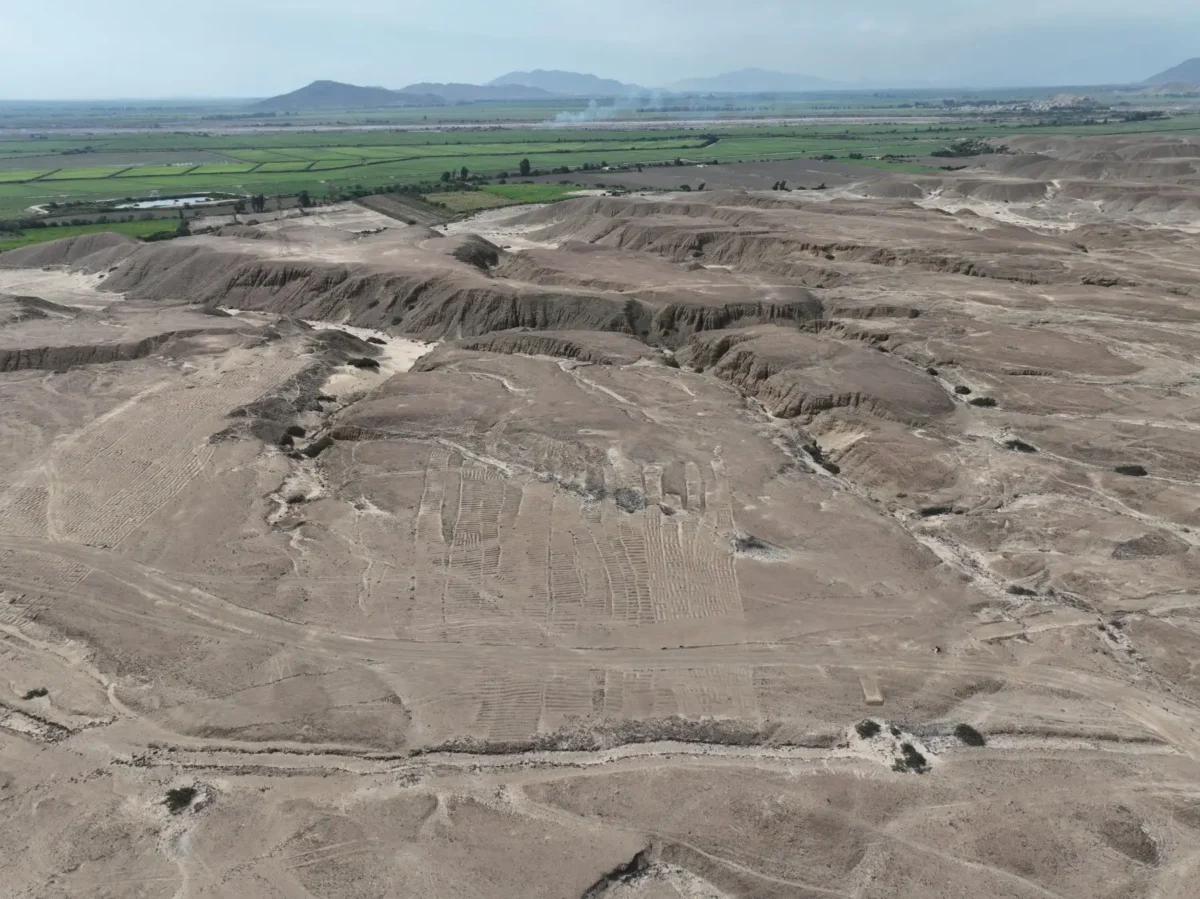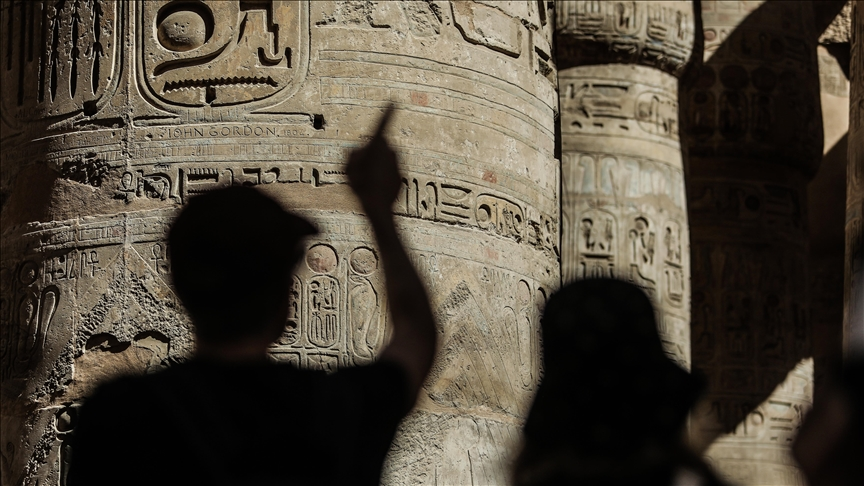Mythology played a powerful role in warfare across ancient civilizations. Far from simple stories, myths shaped strategies, inspired bravery, and defined how armies understood victory and defeat.
Divine Influence on War
Many armies believed gods chose the winners. Greeks invoked Athena, Romans Mars, Egyptians Horus, and Vikings Odin. Decisions about battle time, formations, and rituals often came from religious consultation.
Myth as Morale
Warriors carried charms, recited ancestral tales, and reenacted heroic myths before combat. These stories strengthened unity and created a sense of divine protection.
Symbols in Battle
Greeks used symbolic shields
Romans marched under sacred standards
Celts decorated their bodies with myth-inspired patterns
Assyrian kings portrayed themselves as chosen conquerors
Enduring Impact
Even today, mythological symbols appear in military insignia, national emblems, and heroic stories, showing the lasting link between myth and identity.


